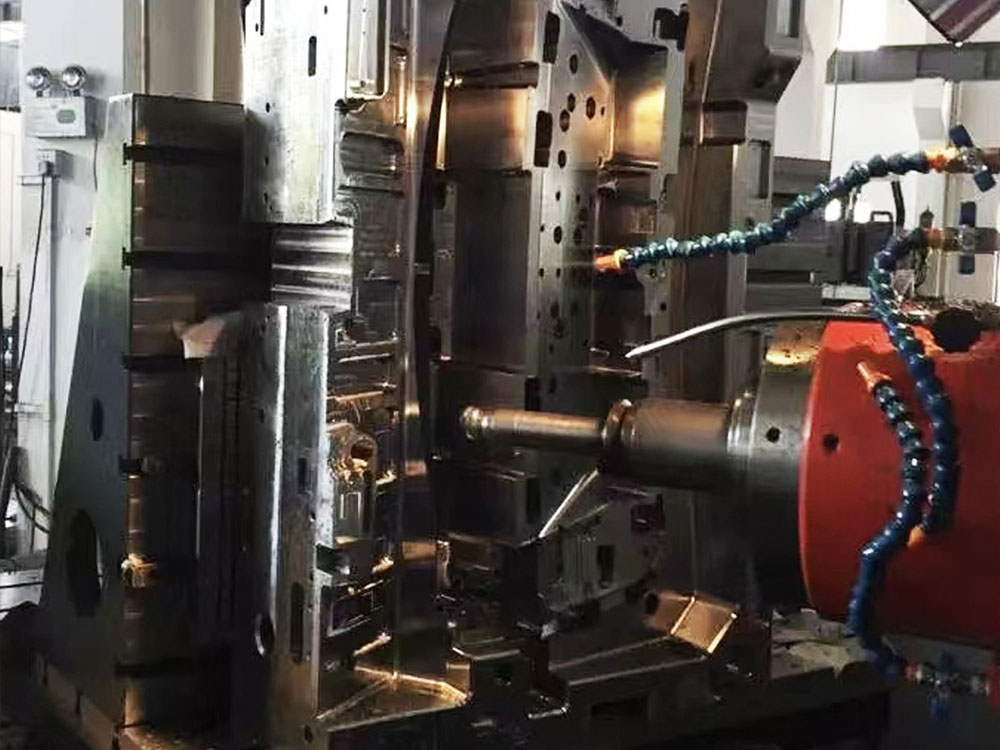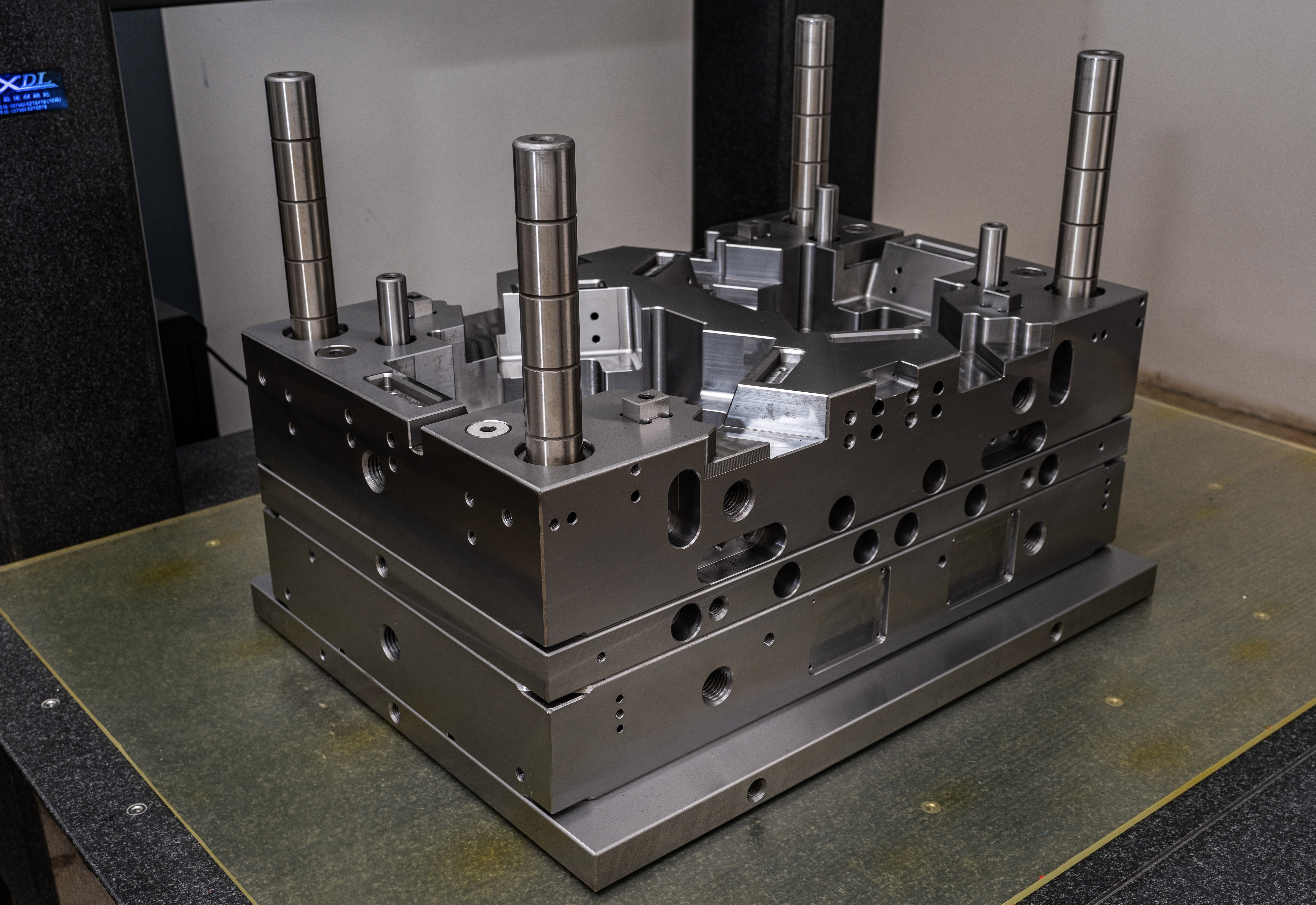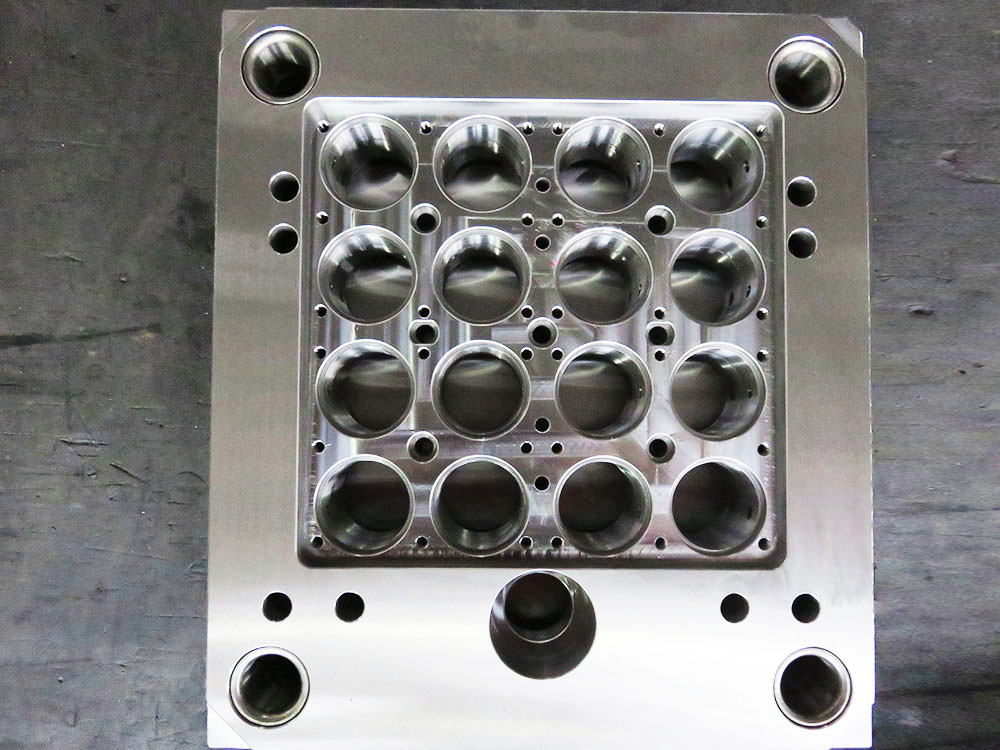Performance Evaluation of Mold Base Industry at Modular Construction Factories
Mold bases play a critical role in the production process of modular construction factories. These factories rely heavily on the efficiency and accuracy of mold bases to ensure the seamless assembly of prefabricated components. In this article, we will delve into the performance evaluation of mold base industry, exploring its key aspects and challenges.
1. Precision and Tolerance
The precision and tolerance of mold bases are crucial factors in the modular construction industry. The ability to maintain tight tolerances ensures that the components manufactured using these mold bases can be easily assembled, minimizing any potential errors or gaps. Precision machining techniques such as CNC milling and grinding are used to achieve the required accuracy, ensuring a seamless fit between different prefabricated elements.
2. Durability and Wear Resistance
Given the high production volumes in modular construction, mold bases need to be durable and resistant to wear and tear. The constant use and repetitive nature of the manufacturing process can lead to significant stress on the mold bases. Therefore, selecting the right materials, such as high-grade tool steels or aluminum alloys, is crucial to ensure the longevity and reliability of the mold bases.
3. Flexibility and Adaptability
In modular construction, the demand for various component designs is constantly evolving. The mold bases must be flexible and adaptable to accommodate these changes in product requirements. The ability to easily modify and customize the mold bases allows modular construction factories to efficiently manufacture components with different shapes, sizes, and functionalities.
4. Cycle Time Reduction
Reducing cycle time is a key performance indicator in the mold base industry. The faster the mold bases can be manufactured and delivered, the more efficient the modular construction process becomes. Advanced machining technologies, such as five-axis machines, have significantly improved the speed and accuracy of mold base production. Evaluating the performance of these machines helps identify potential bottlenecks and optimize the overall manufacturing process.
5. Cost-effectiveness
The cost-effectiveness of mold bases plays a vital role in the modular construction industry's profitability. Evaluating the cost of manufacturing mold bases, including material costs, machining expenses, and maintenance requirements, helps modular construction factories make informed decisions regarding their supply chain management and cost optimization strategies.
Conclusion
The performance evaluation of the mold base industry in the modular construction sector is instrumental in ensuring efficient and precise manufacturing processes. By considering key factors such as precision, durability, flexibility, cycle time reduction, and cost-effectiveness, modular construction factories can select the most suitable mold bases for their specific needs. Continuous advancements in machining technologies and materials will further enhance the performance and capabilities of mold bases, contributing to the growth and success of the modular construction industry.




